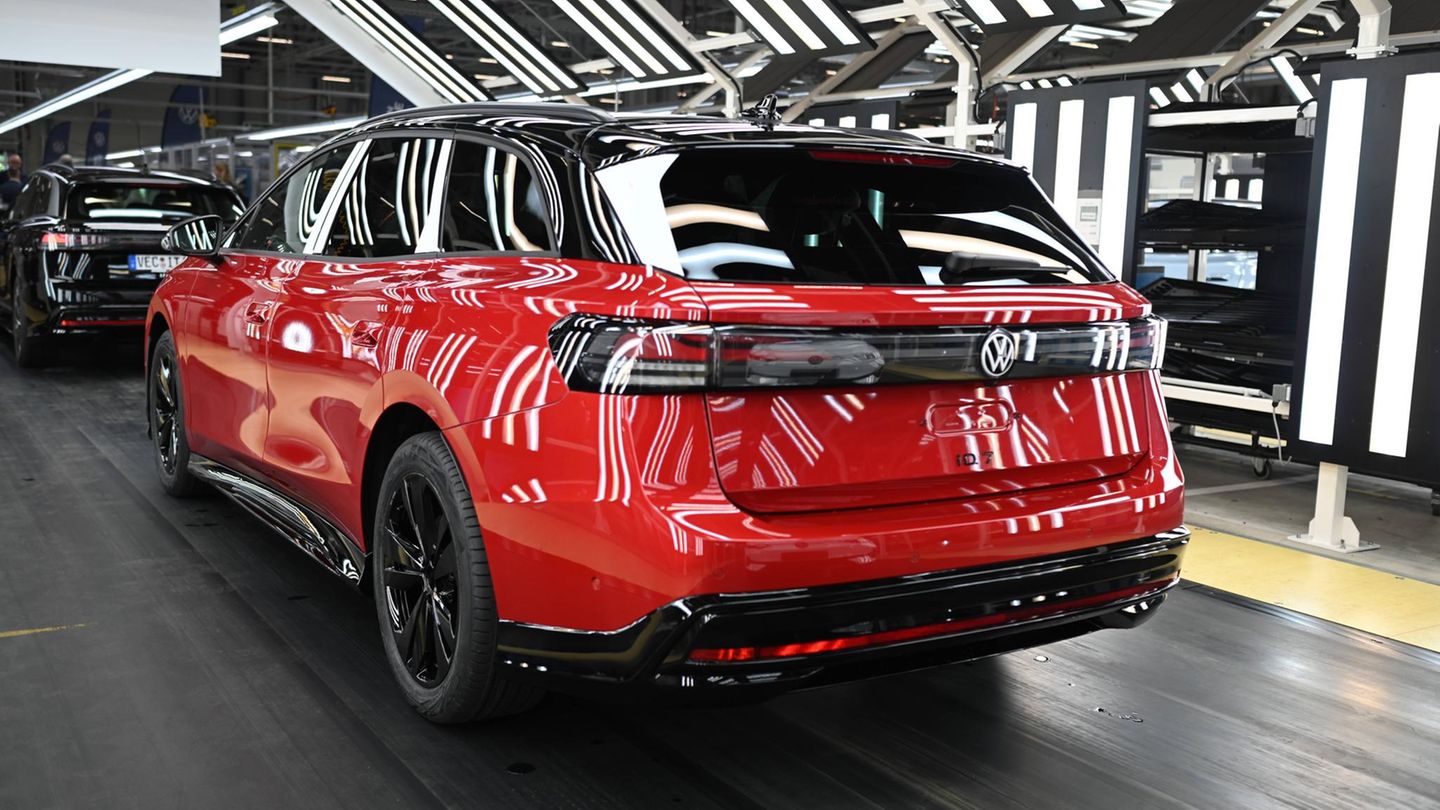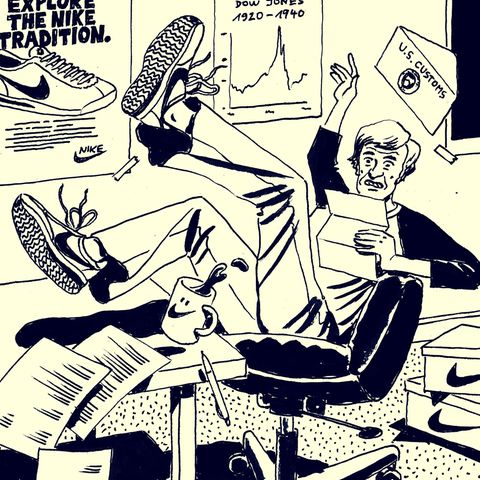Key industry
More than 50,000 jobs in Germany’s automotive industry destroyed
Copy the current link
Add to the memorial list
The automotive industry in Germany reduces massively jobs. An analysis shows the entire extent of the crisis. This is also bad news for university graduates.
German industry is lost in the economic crisis in Germany. Alone in the Automotive industrywhich is traditionally considered a key industry in Germany, around 51,500 jobs or almost seven percent of the jobs were mined within one year, an analysis of the consulting company EY, which is available to the German Press Agency. No other industrial industry is so badly affected.
The number of industrial workers on June 30 was 5.42 million people – 2.1 percent less than twelve months earlier. Within a year, around 114,000 Place According to the study based on data from the Federal Statistical Office. Since the pre-Corona year 2019, the number of employees has even shrank by around 245,000, a decline of 4.3 percent.
The automotive industry has to struggle on many fronts
In the second quarter, the sales of industry fell by 2.1 percent – the eighth minus in a row. Except for the electrical industry, all industries recorded declines, as EY stated. In the car industry, which competes with sales, China And the politically forced change to e-mobility is struggling, sales fell by 1.6 percent.
German industry not only suffers from expensive energy, bureaucracy and a weak internal demand, but also from the customs dispute with the USA. “The massive decline in exports towards the USA recently hit the German industry sensitively,” says Jan Brorhilker, Managing Partner at EY.
The high tariffs imposed by US President Donald Trump make German products more expensive in the United States-even if the EU wants to retrospectively achieve a lower level in auto tariffs. In addition, according to Ey, German exports to China fell, not least because the German car manufacturers feel hard competition in the Far East.
Under the printing, manufacturers such as Mercedes-Benz and Volkswagen, but also the suppliers Bosch, Continental and ZF savings programs have announced. And Porsche largely wants to hire its battery subsidiary Cellforce. “Massive burglaries, overcapacity and weakening foreign markets make a significant job cuts inevitable – especially in Germanywhere management, administrative and f & e-functions are located, “says Brorhilker.
But not only the auto industry is reducing jobs: According to EY, a good 17,000 jobs were made in mechanical engineering within a year and a good 12,000 in metal production. However, hardly any jobs were lost in the chemical and pharmaceutical industry.
The crisis of industry has long since sparked a debate about Germany. Critics speak of de -industrialization. Industrial activity has still been up to a long time: According to the Federal Statistical Office, it was 3.5 percent or 185,000 people higher than in 2014, according to the Federal Statistical Office.
Brorhilker expects the downward trend to continue at the industrial jobs, as austerity programs are delayed in the statistics. That is bad news for school or university graduates. “Today, the automotive industry and mechanical engineering are significantly fewer young people than in previous years.” The labor market, for example, for young engineers, becomes uncomfortable, many should have to be reoriented. “We will see increasing unemployment in university graduates – something that has not existed in Germany for a long time.”
Dpa
bung
Source: Stern






